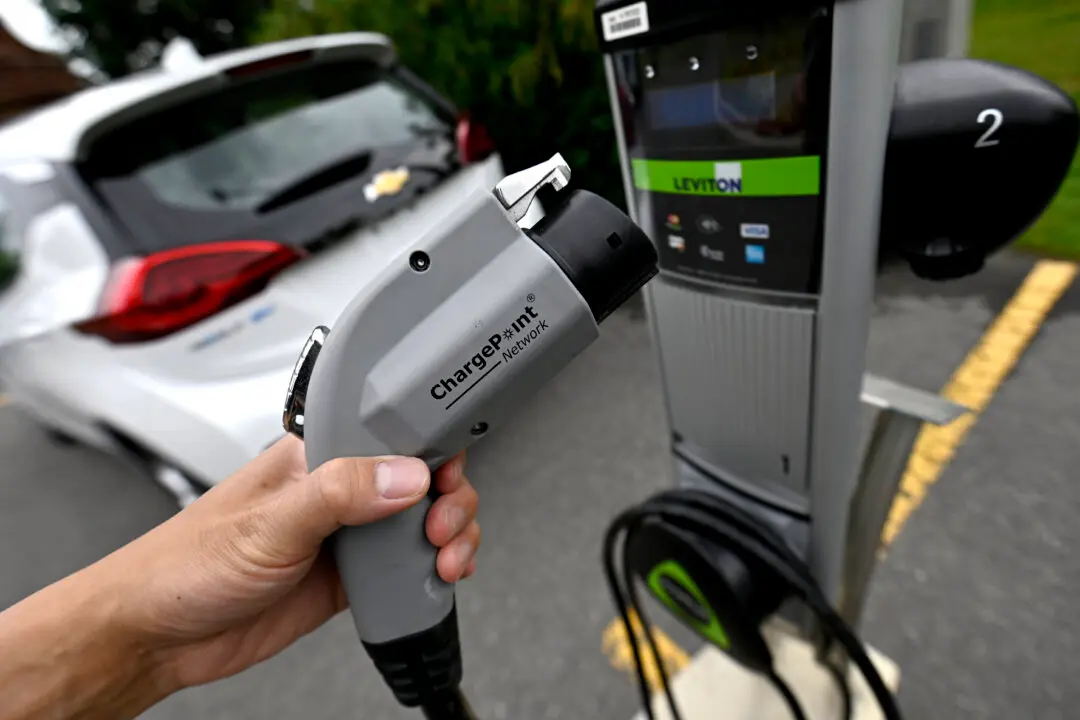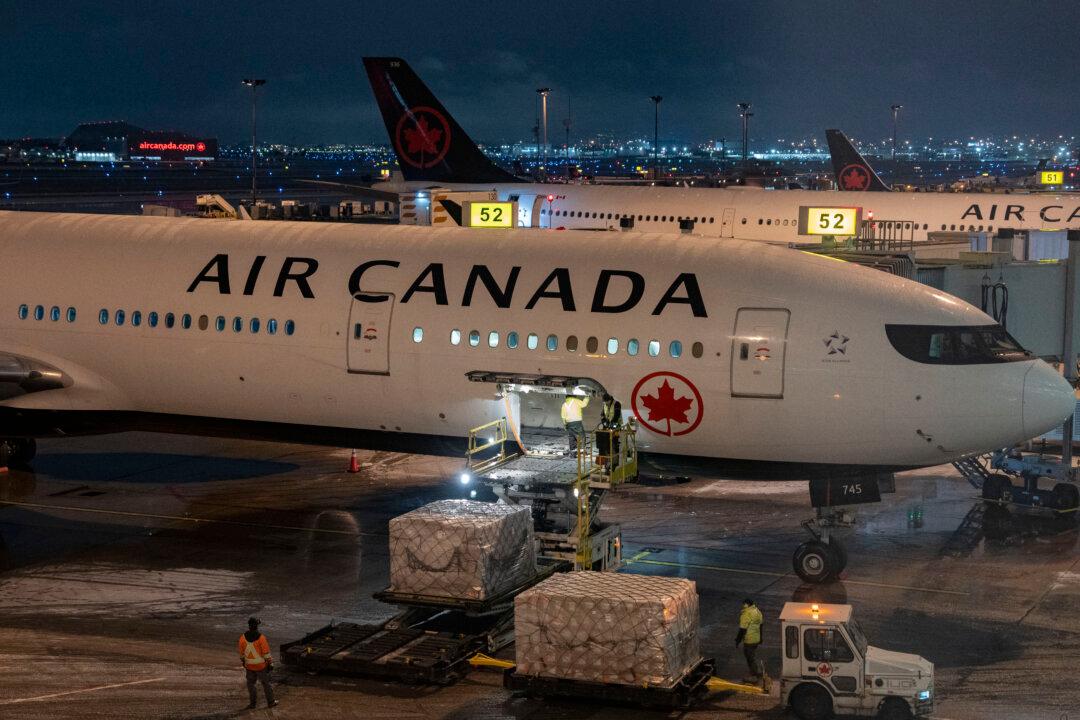MONTREAL—There’s nobody running for mayor in St−Éloi, a small Quebec municipality that offers panoramic views of the St. Lawrence River.

While cities such as Montreal are fielding up to 10 candidates for mayor, many smaller communities in Quebec are hunting for takers. The Canadian Press
|Updated:




